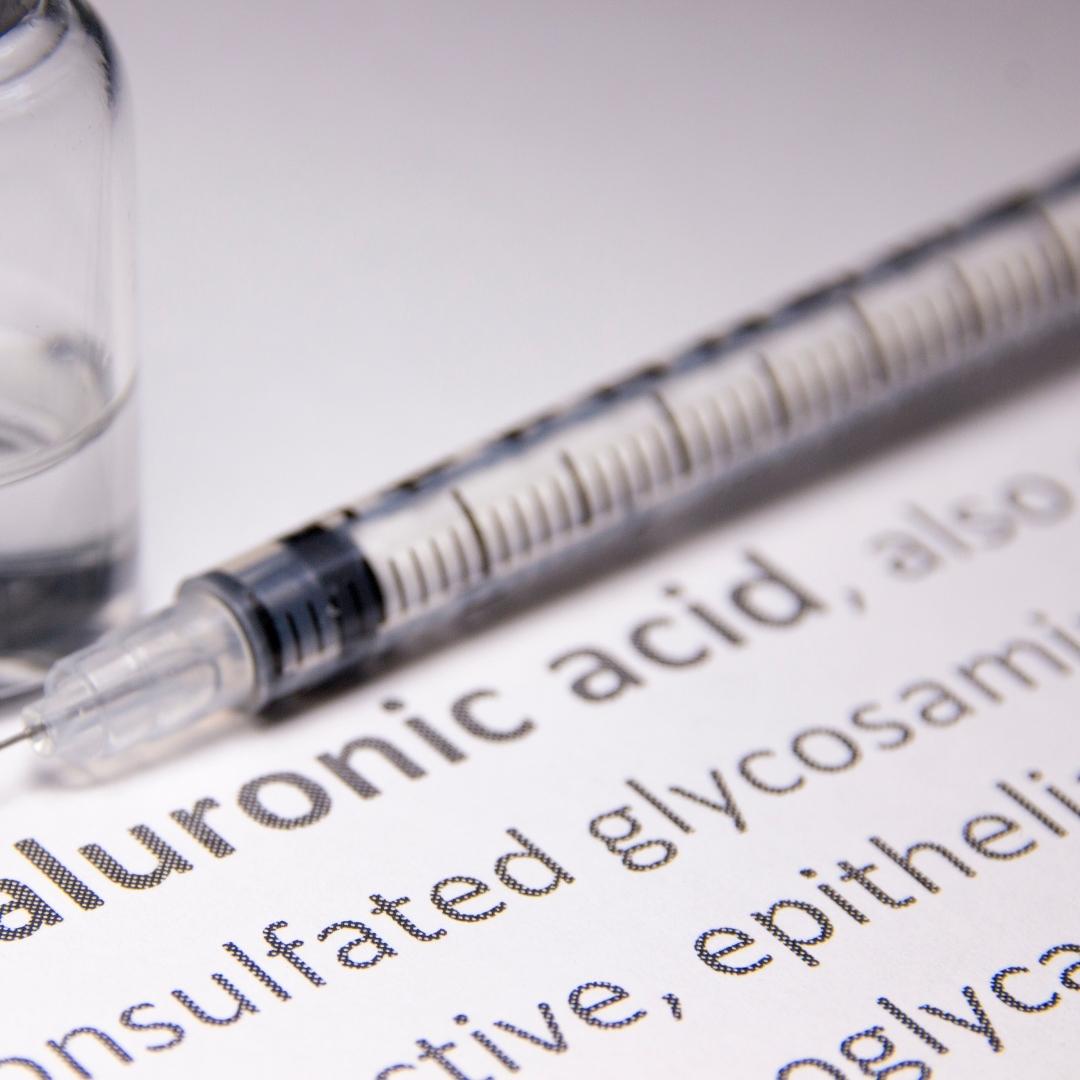The Skin Barrier & Why It is Important
The skin barrier (stratum corneum) plays an important role in protecting our body, preventing pathogens from entering and keeping our skin moisturised. The lipids within the skin barrier also play an important role in transporting ingredients and nutrients.
The skin barrier is made up of many layers of dead skin cells. For this reason, it takes time to treat hyperpigmentation or melasma because each layer that is affected needs to be treated and removed.
When the skin barrier is healthy, it will retain water more readily, the skin looks moisturised and is less prone to irritation.

Signs of a compromised skin barrier:
• Inflammation,
• The skin is easily aggravated and cannot tolerate the products you would normally be able to tolerate,
• Itching,
• Sudden dryness, flaky skin
The symptoms of a compromised skin barrier can be mistaken for an allergy reaction. The best way to distinguish between the two is:
When a skin barrier is compromised, it cannot tolerate the products your body is able to tolerate in the past. In cases of an allergy reaction, the skin will reject the foreign body upon initial contact. This reaction can occur immediately or a few hours later. In some cases, it can even occur a few days later.
What causes skin barrier dysfunction?
Similar to ageing, both internal and external stressors can influence the health of the skin barrier. The most significant factors that can impair barrier function are sun exposure, smoking, and damage due to excessive exfoliation. Stress and limited sleep can also have a negative effect on the skin barrier by not allowing the skin to repair itself.
Skin Barrier and Ageing
As we get older, epidermal thinning occurs (the skin becomes paper thin) and the skin barrier is more prone to bruising, ripping and tearing. Other medical conditions, in particular diabetes, can also expose the skin barrier to ulcerations and foot infections. Taking care of the skin barrier goes beyond looking good. It is to protect us and ensure our quality of life remains healthy and exceptionally incomparable for our entire life.
Skincare ingredients that can help to keep the skin barrier healthy
Keeping your skin barrier healthy does not have to involve a laborious skincare routine as long as we stick to ingredients that support skin health.
- Avoid using alkaline soap and opt for a soap-free wash,
- Incorporate antioxidants such as Vitamin C, E, CoQ10, Ferulic Acid
- Prebiotics and Probiotics in skincare can help balance the skin microbiome and strengthen the skin barrier
- Moisturising ingredients such as Ceramides, Shea Butter, Avocado Oil and other Omega-3 Fatty Acids
- Adding humectants such Glycerin and Hyaluronic Acid to skincare
- Using SPF to protect the skin from UV damage
- Encouraging epidermal thickening with Retinoids such as Retinol, Retinaldehyde and other related Vitamin A derivatives.
Author: Helen Huynh (B. Pharm) MPS
References:
1. How to Care for Your Skin in Your 60s and 70s. American Academy of Dermatology Association. Updated 9/8/2021
2. Diabetes: 12 Signs that appear on your skin. American Academy of Dermatology Association. (2022)
3. The Science of Looking Younger, Longer. Lifespan with Dr. David Sinclair. Episode 6, February 2022.



